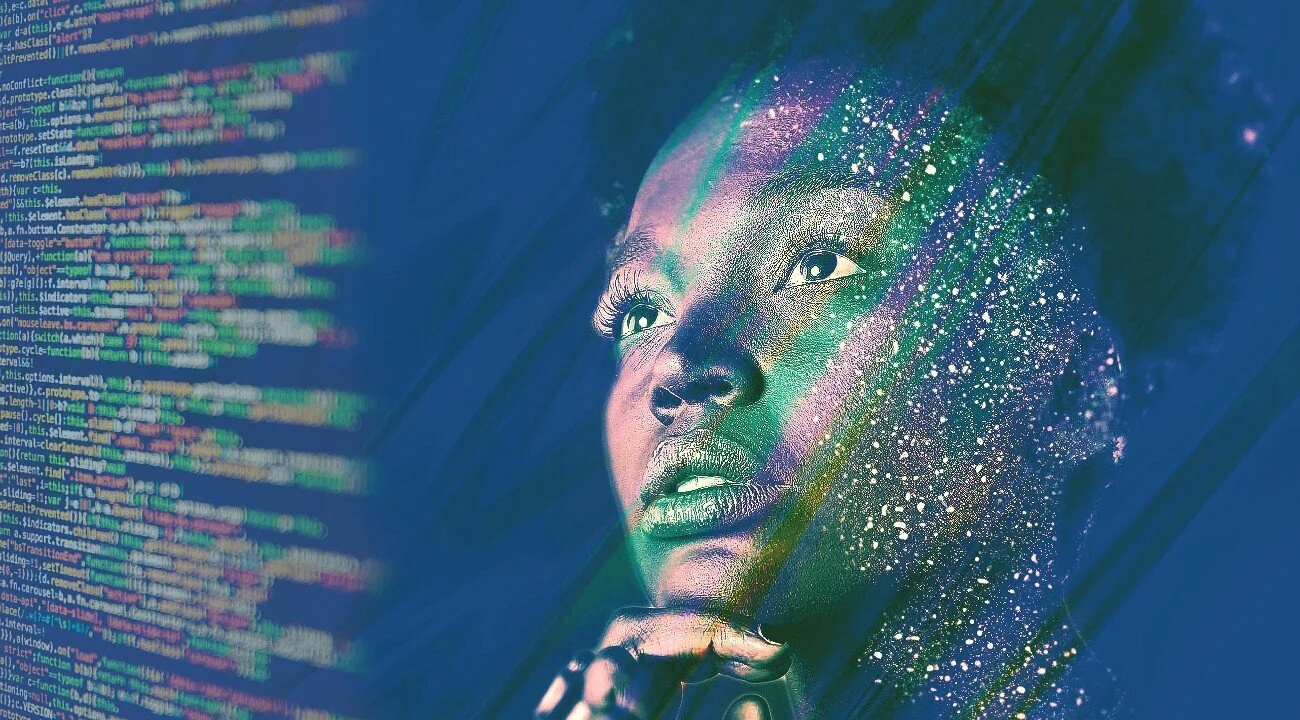Breaking 3 Powerful Mental Health Stigmas
Why are societal and self-imposed negative stereotypes prevailing? The good news is — in the long term — they’re not. It’s time to break the powerful stigmas around mental health.
Sometimes we say we’re fine, but we’re not. Mental illness is more common than we have ever learnt to discuss, and depression, anxiety, panic attacks and stress can (and might) affect any of us at any moment. So, why are societal and self-imposed negative stereotypes prevailing? The good news is — in the long term — they’re not.
In 2011 the UK government released the No Health Without Mental Health report, and for the first time, mental health was declared to have ‘parity of esteem’ with physical health. It’s a long road out, but public conversation and understanding are escalating slowly through educational campaigns - such as #TimeToTalk and #BreakTheStigma - targeting the media to help spread a more balanced and accurate coverage.
But it’s not just societal pressures preventing open discussion; self-stigma is as much a burden for many to carry. It’s time to break the powerful stigmas around mental health. As part of mental health awareness month, we’ve highlighted three.
YOU ARE NOT ALONE
Almost half of allocated GP time is dedicated to mental health. One in four people will experience an issue at some point in their lives, and according to the Mental Health Foundation, over 450 million people worldwide will suffer a mental health problem. That’s a lot of people who are potentially struggling in silence. But, regardless of the high numbers, many still fear discrimination and are reluctant to open up about how they’re feeling.
So how can we continue to fight the stigma of isolation? Remember, you are not alone. Remind others that they are not alone. Talk to people if you think they may be struggling, and ‘ask twice’ to check they’re doing okay. We must seek a safe space to open up and share without fear of judgement. The advancement of technology means there’s never been a greater wealth of accessible and assistive options to provide meaningful and effective therapies.
“Blame is placed on the survivors of a war called mental illness; and ignorance runs ramped, contributing to the stigma that drives this continuous worldwide problem”.
- #BreakTheStigma campaign
SELF-IMPROVEMENT IS NOT WEAK
If you’ve ever bought a self-improvement book, downloaded a mental health app or joined an online support group, you’re one of a growing number. New figures from Nielsen Book Research reveal that British people are buying a record amount of self-help books. Over the past year, sales have risen by 20 per cent, with three million self-help books sold in the UK alone.
Why are people taking to self-help and self-care? The technological revolution brought a sense of disparity and lack of social cohesion, as traditional communities — that might have previously provided a supportive network to learn from and rely upon — became fragmented and digitally distracted. Human progression, happiness and stability became the responsibility of the individual, rather than the collective.
An insatiable desire for variety, growth and progress, and a growing concern about the world around them, have had a particular impact on the mental well-being of Millennials and Gen Z. The latest US APA Stress Test found “young people are feeling the impact of issues in the news, particularly those issues that may feel beyond their control” and 91% report suffering physical issues as the result of stress. The positive news is that they are 32% more likely to discuss it.
Community groups, workshops and online forums are thriving with new demands for open communication and expression. The capability of mental health apps to transform a user’s phone into a therapeutic platform — available in real-time and on-demand — has led to over 10,000 currently available for download.
Used singularly, most available apps are too general to understand us truly, therapy might be unattainably expensive and one-way journaling simply not rewarding enough. Technology can and will become the missing piece of the puzzle. People are talking to chatbots socially, exploring AI wellness companions and spending on a promise to ‘transform their life’ with new tech and learning resources.
Gone are the days when self-help was regarded as weak or comically ‘new-age’. Actively taking control of our own future, mental health, and progression is now vital, and (thankfully) we can embrace this by harnessing a combination of sources.
YOU CAN TAKE THE POWER BACK
The pioneering stars of this movement are the millennial and Gen Z younger generations, who are taking their power back and owning the mental illness conversation on public forums and social media platforms. Young influencers, vloggers and even X-Factor stars are becoming digital ambassadors and championing open conversation to break the taboo and end the silent struggle of hundreds of millions of people.
These advocates have brought mindfulness into the mainstream at a time when technology has evolved to become the natural way to distribute it. Now, more than ever, you can access the tools to help you download your thoughts and open up in a safe, non-judgmental space.
How do you take your power back? Whether you express yourself online or in person, through forums or apps: you now have the option to steer your own path. And in this new open arena - with a wealth of self-care, progression and development tools available and accessible to all - the empowering news is: slowly but surely, the conversation is changing, and stigmas are dissolving.

